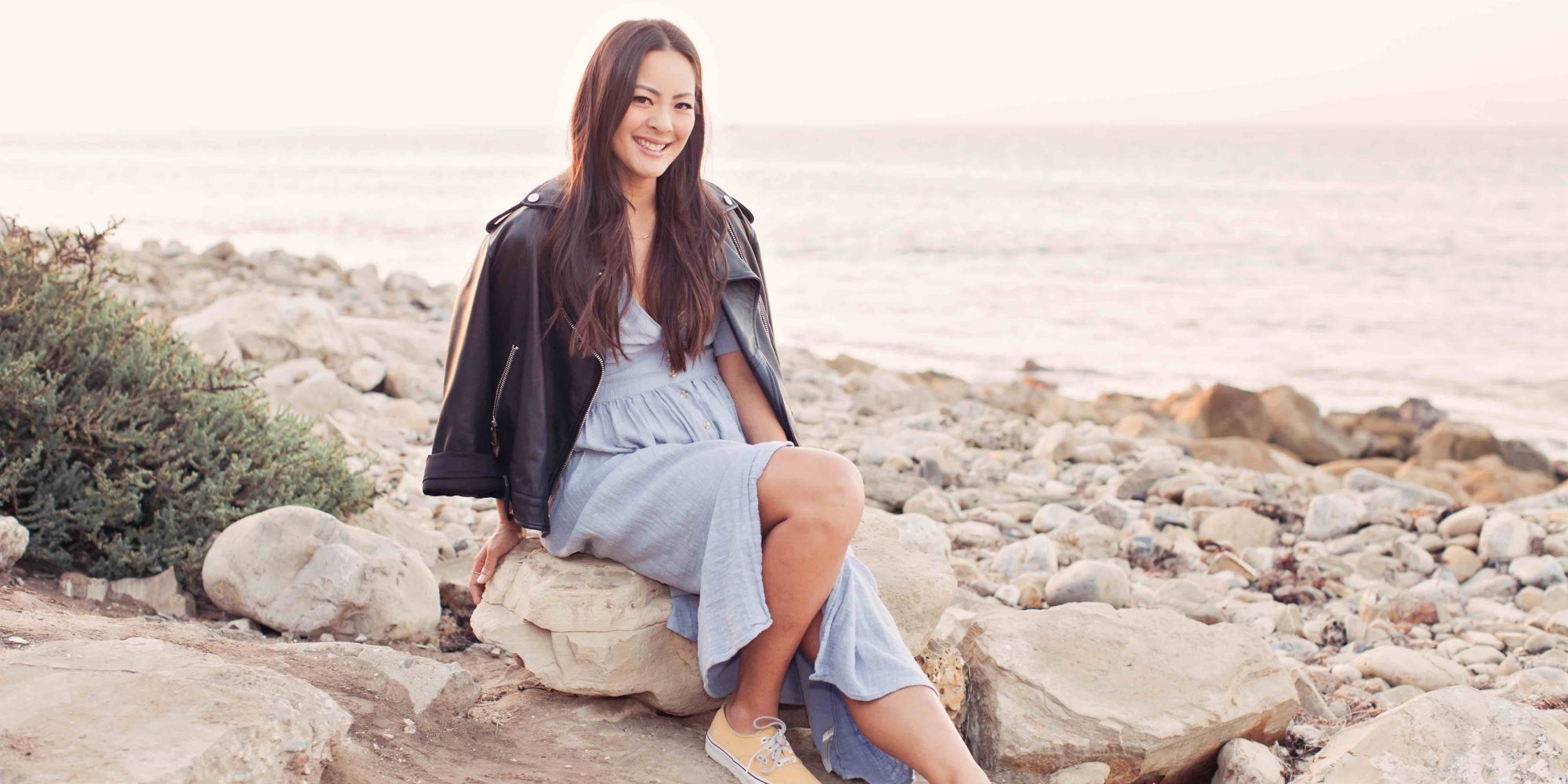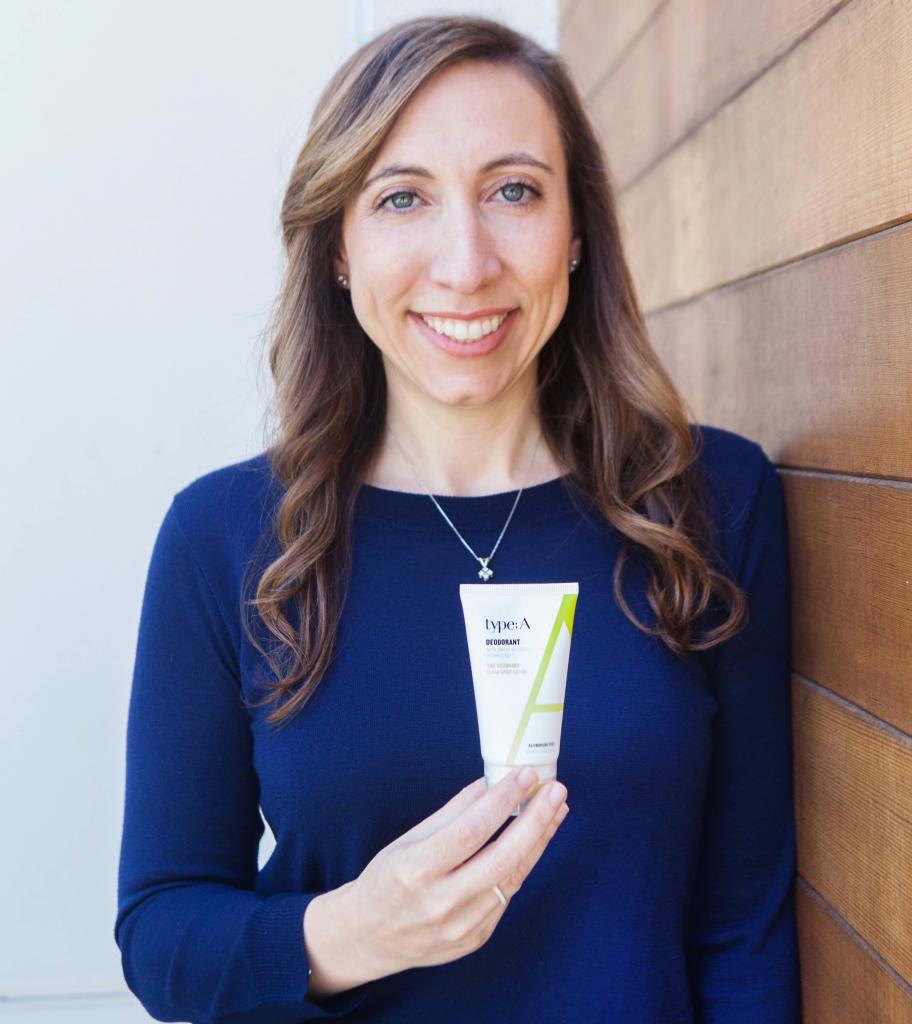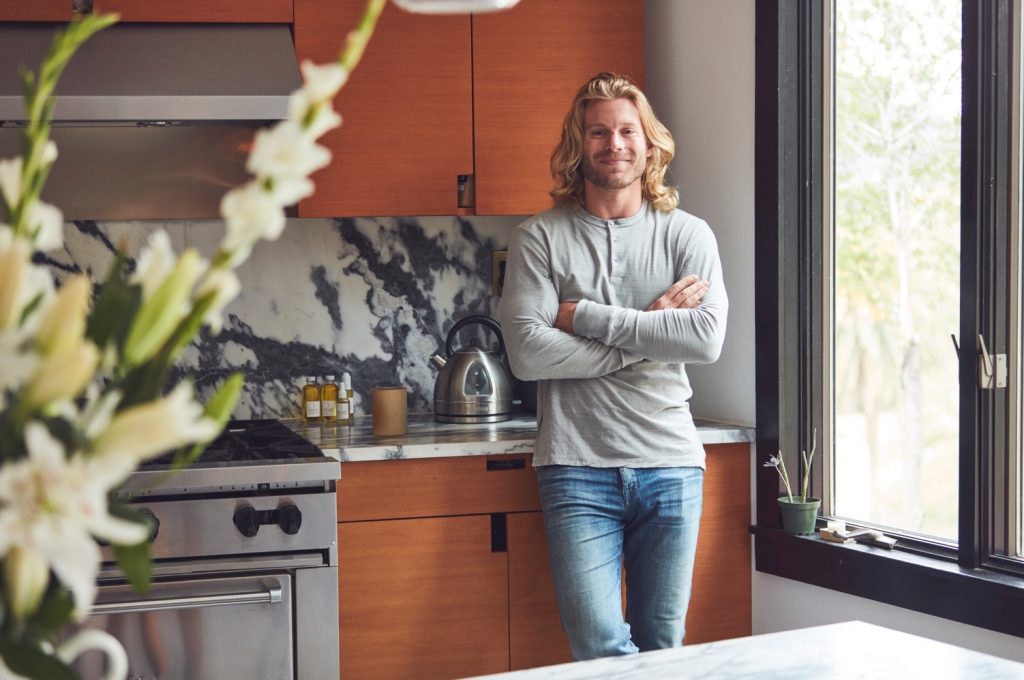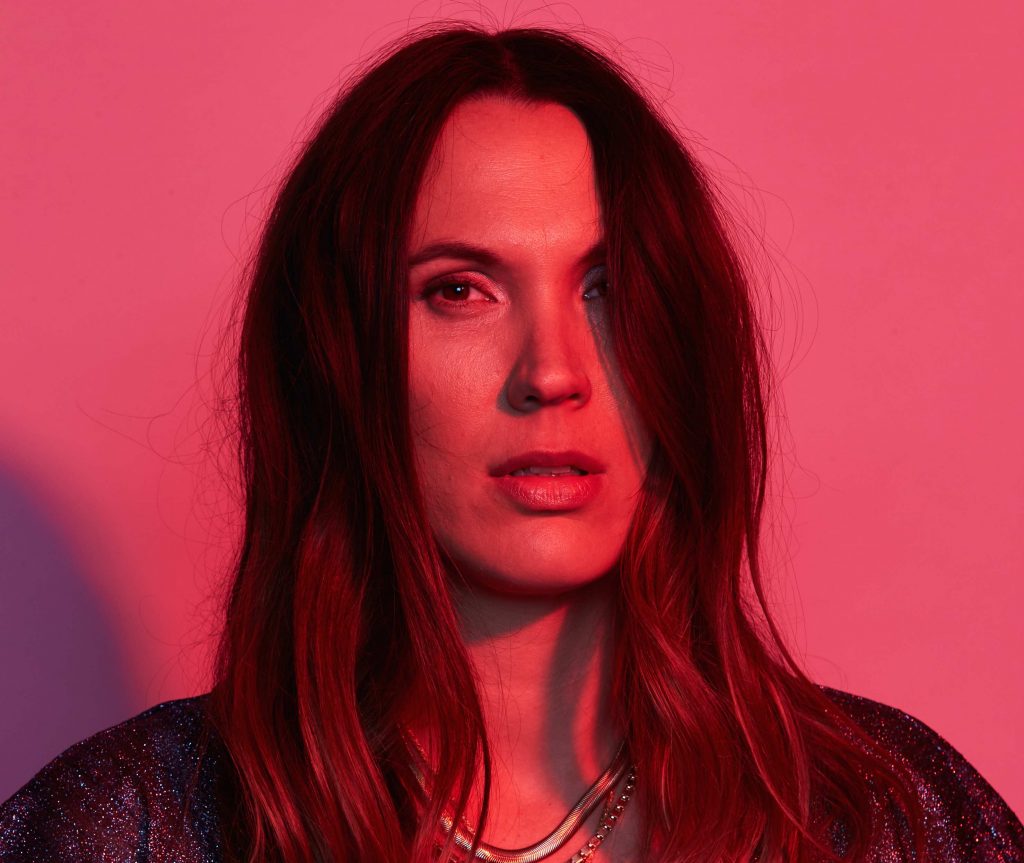
Why Beauty Industry Veterans Are Leaving Big Corporations For Entrepreneurial Endeavors
Derek Chase spent a decade of his career at L’Oréal and Johnson & Johnson working on such esteemed brands as Kiehl’s Since 1851, Garnier, Essie, Neutrogena, Maybelline and Baxter of California.
While he admired the heritages of the properties and valued his colleagues, operating inside conglomerates hemmed in Chase’s edgier health-seeking propensities. He says, “The politics and slow pace of innovation inherent in a large corporate structure did not fit my values.” In 2017, Chase left L’Oréal and, this year, he launched Flora + Bast, a CBD skincare brand that’s entered Barneys New York and Sephora.
Chase is among a growing group of indie beauty brand founders that climbed the ladders at large companies, only to find corporate existence professionally and personally unsatisfying. Their flight from gigantic companies reflects a broader society enamored with entrepreneurialism. The number of entrepreneurship programs at American colleges spiked from 180 to over 2,000 between 1990 and 2014, and venture capital investment in the United States reached an all-time high last year with nearly $131 billion pouring into startups.

While entrepreneurialism has long been an undercurrent in the beauty industry (well-known beauty companies like Bobbi Brown, Nars, NYX and IT Cosmetics resulted from an entrepreneurial itch), it’s transformative today in a manner it hasn’t been historically because of the accessibility and democratization of brand creation tools. It takes only a cellphone and a paltry sum to whip up a few products and sell them online.
“The cost of entry is a lot lower,” says Ron Robinson, founder of BeautyStat Cosmetics, a resource for beauty product reviews and trend forecasts, who previously worked as a cosmetic chemist and product developer for Clinique, Estée Lauder, Revlon, Avon and L’Oréal. “For just hundreds of dollars, you can put up a website and social media channels [and] develop and fill your own formula at low quantities.”
Much of the draw of entrepreneurialism is more psychological than profit-driven. Allison Moss, who ran marketing for Estée Lauder, MAC, Lancôme and L’Oréal Paris before starting aluminum-free deodorant brand Type:A, says, “There’s an appeal of being able to create a business that integrates with your life.” Sweta Doshi, previously group manager for brand development at Bath & Body Works, founded Bubbsi, a skincare line for babies and toddlers, in part for the lifestyle entrepreneurship affords her. She says, “My son was 14 months old at the time and, all of a sudden, I really valued flexibility and personal ownership of my time.”
“There’s an appeal of being able to create a business that integrates with your life.”
Doshi explains the switch from big beauty brands to small, independent ones is becoming popular as a result of shifting career goals. “Across industries, professionals crave a lot of the same things that I did when I left Bath & Body Works: new learning opportunities, more autonomy, creative and flexible working styles, tighter ties to the customer,” she says. At upstarts, founders are able to have personal interactions with customers, especially because social media has facilitated connections between brand owners and shoppers.
Geographic flexibility has influenced indie beauty founders’ choices, too. Chase and Moss moved from New York to Los Angeles, where they incubated their brands. “I was surprised by the immediate improvements in my personal life and mental health that came along with my ability to design my own lifestyle,” says Chase. “We have lofty financial goals for the brand, but have structured the business to support the things we care about like farmers and agriculture, mental health and the environment.”
Some entrepreneurs left huge firms because they couldn’t fill a gap in the market while employed at them. Tiila Abbitt, formerly head of product development for Sephora Collection, started her vegan, organic makeup brand Aether Beauty because she was a convinced a high-performance, eco-friendly makeup brand could amass a following. “My company is all about sustainability, which in my opinion has been drastically overlooked in the beauty industry as a whole,” she says. Similarly, Amy Liu launched clean beauty brand Tower28 after stints at Smashbox, Kate Somerville and Josie Maran Cosmetics because she noticed larger brands didn’t have products specifically for people like her with sensitive skin.

Not unlike their customers, a substantial portion of indie beauty brand founders are dedicated to human health and the health of the planet. At their own enterprises, they think they can make a bigger impact on the issues that matter to them by shaping products and company culture. Moss attempts to foster a culture of integrity and inclusivity at Type:A. Abbitt says, “One third of the landfill products are from personal care products, and ingredient sourcing can include not only toxic ingredients and contaminations, but also child labor…I wanted to create a brand that was ethical.”
Most entrepreneurs describe startup labor as harder than corporate work plus it yields greater emotional ups and downs. They stick with it because they emphasize it’s incredibly rewarding. Many founders report their corporate positions prepared them for their own businesses, particularly if they saw how various divisions of a company functioned. “Corporate life can teach you so many things, to think strategically, evaluate the marketplace and deeply understand the competitive dynamics. It also helps to build a broad network,” says Moss. Chase points out people he met while working at L’Oréal are now on Flora + Bast’s board.
Another reason the entrepreneurial universe has expanded in beauty is that manufacturers and investors are increasingly willing to take risks on emerging brands. Women constitute a majority of the founders of indie beauty brands and, although women attracted a mere 2.2% of venture capital dollars in 2018, the funding environment for them appears to be progressing slightly. The population of female angel investors is swelling, and investment firms like Color and New Voices Fund tailored to women and minority entrepreneurs are popping up.
“Bringing more experience to the indie brands will only make the indie brands stronger and better all-around.”
Beauty brand founders’ desires to show their perspectivies as women and minorities may account for some of their departures from large companies. “Most of the companies I have worked for in the past didn’t relate with any of my ideas since I spoke from an Indian American woman’s point of view,” says Sarah Thomas, founder of the vegan India-inspired makeup brand Bili Beauty. “Since no one wanted my ideas, I decided to start my own indie beauty brand where I used all of my ideas.”
The state of the indie beauty segment may change, of course. The segment could contract as conglomerates snap up budding brands and weak brands shutter. Moss says, “I do think that the pace of beauty startups launching is dizzying and, at some point, it will slow down, but, relative to previous decades, the volume of new brands entering or disrupting the market will be more than in the past.” The economy could affect the indie onslaught as well. If it slows, the indie beauty brand upsurge may be tempered.
By giving people a multiplicity of options, Abbitt predicts exciting small brands will lead to the demise of stale large brands. “Hopefully, I feel it will bring a lot of innovation to the table and weed out a lot of brands that have been riding just on their name and not keeping up with the times,” she says. “I feel like a lot of conventional large beauty brands won’t be here in the next three to five years.”

Liu argues the transitions of beauty industry insiders to entrepreneurial outsiders benefits the beauty industry as a whole. “I believe we rise together,” she says. “Bringing more experience to the indie brands will only make the indie brands stronger and better all-around—better product, branding, quality. The customer wins, and so do we as business owners because our community gets stronger.”
KEY TAKEAWAYS
- The number of indie beauty brand founders who’ve spent time at large beauty conglomerates is increasing. They join an indie beauty segment that’s attracting entrepreneurs because of barriers to entry that are lower than in the past due to social media, contract manufacturers catering to small players, digital distribution and growing opportunities for funding.
- Veterans of beauty conglomerates make the entrepreneurial leap for many reasons, including the flexibility to spend time with family and work where they want to live. They also emphasize they can create products that stand for their values when they run their own brands.
- Most entrepreneurs who formerly worked at big beauty companies note that their jobs at big beauty companies were easier than spearheading their entrepreneurial endeavors. However, they underscore entrepreneuralism is ultimately more rewarding.
- The rush of people with traditional corporate backgrounds into the indie beauty space may slow as indie beauty brands are culled by competition and acquisition. If the economy sours, the favorable beauty industry conditions that led to the rise of indie beauty brands may shift, too.





Leave a Reply
You must be logged in to post a comment.